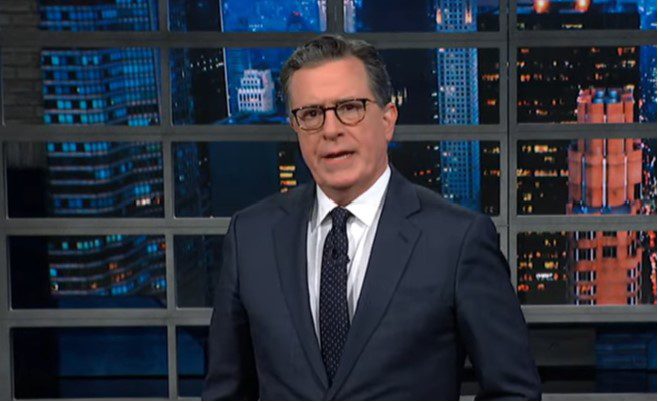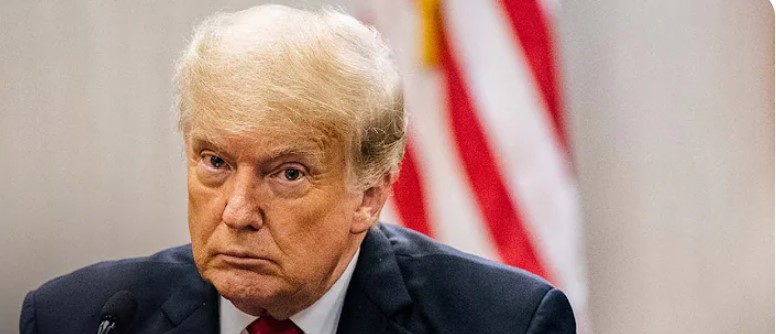Jon Stewart Exposes the Fallacy of Victimless Financial Crimes
During a recent segment on the topic of financial fraud, Jon Stewart eloquently highlighted the fallacy of considering such crimes as victimless. Stewart’s incisive commentary shed light on the profound implications of fraudulent activities, particularly in the context of wealth and power.
The Real Consequences of Fraud
Stewart aptly pointed out, “How is he not this mad about overvaluations in the real world? Because they’re not victimless crimes.” This statement encapsulates a crucial truth – financial fraud carries far-reaching consequences that extend beyond the immediate perpetrators. When individuals like Trump engage in fraudulent practices, the repercussions are felt across society.
Stewart further emphasized the negative impact of such crimes by highlighting the detrimental effects on the banking system and the broader economy. By manipulating asset values and evading taxes, wealthy individuals not only undermine the integrity of financial institutions but also deprive society of essential resources.
Moreover, Stewart underscored the systemic implications of fraudulent behavior, noting how it distorts incentives and fosters a culture of corruption. When dishonest practices are unchecked, the entire system becomes skewed towards rewarding deceit and manipulation, at the expense of honesty and integrity.
The Double Standards of Accountability
Another crucial point raised by Stewart was the glaring double standard in holding individuals accountable for their actions. He aptly criticized the entitled arrogance of wealthy elites who believe they can escape consequences for their fraudulent acts. Stewart drew a stark contrast between the leniency afforded to financial fraudsters and the harsh penalties imposed on ordinary individuals for much lesser offenses.
Stewart’s scathing critique of the investment community’s moral compass highlighted the perverse priorities that prioritize profit over ethical conduct. By exposing the hypocrisy inherent in the capitalist system, Stewart challenged the notion that financial gain justifies any means, even if it entails defrauding the public and evading responsibilities.
Challenging the Myth of Victimless Crimes
In concluson, Jon Stewart’s commentary serves as a poignant reminder that financial fraud is never victimless. The notion that wealthy individuals like Trump can exploit legal loopholes to enrich themselves at the expense of society is not only morally repugnant but also fundamentally unjust.
By shedding light on the insidious nature of fraudulent practices and the broader societal implications of such crimes, Stewart’s analysis urges us to reevaluate our perceptions of financial misconduct. It underscores the imperative of holding individuals accountable for their actions, regardless of their wealth or status.
Image/Photo credit: source url





